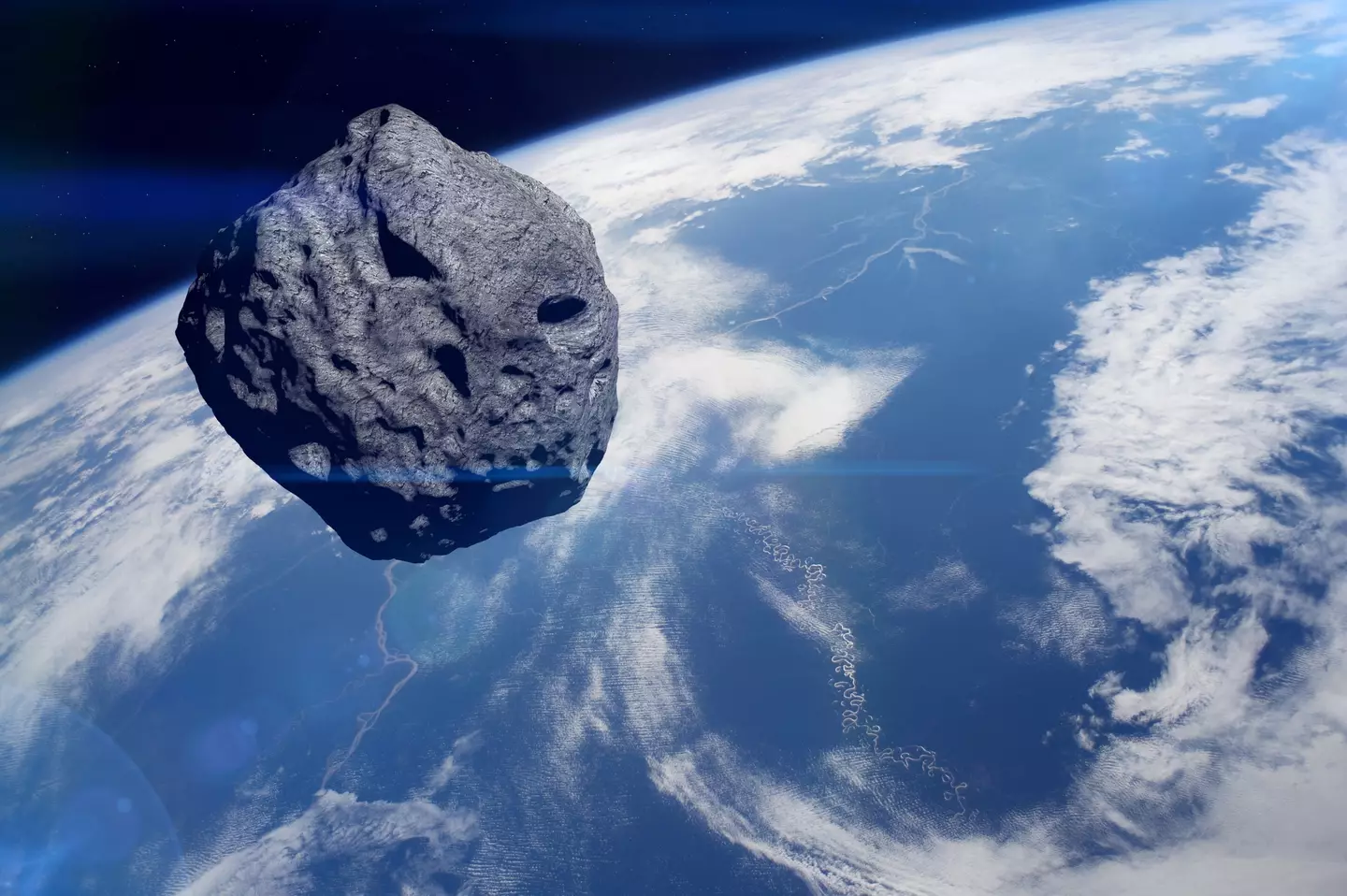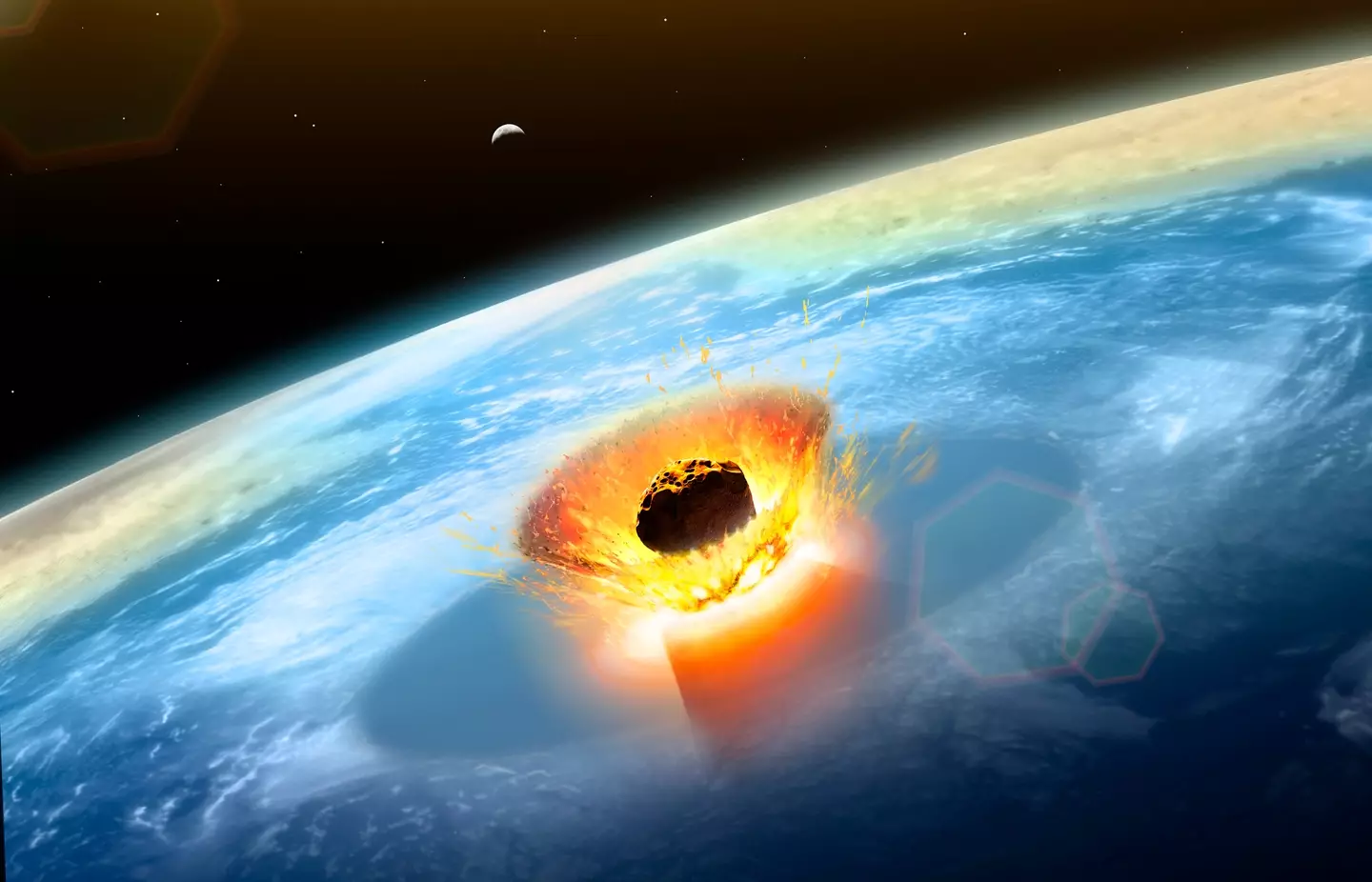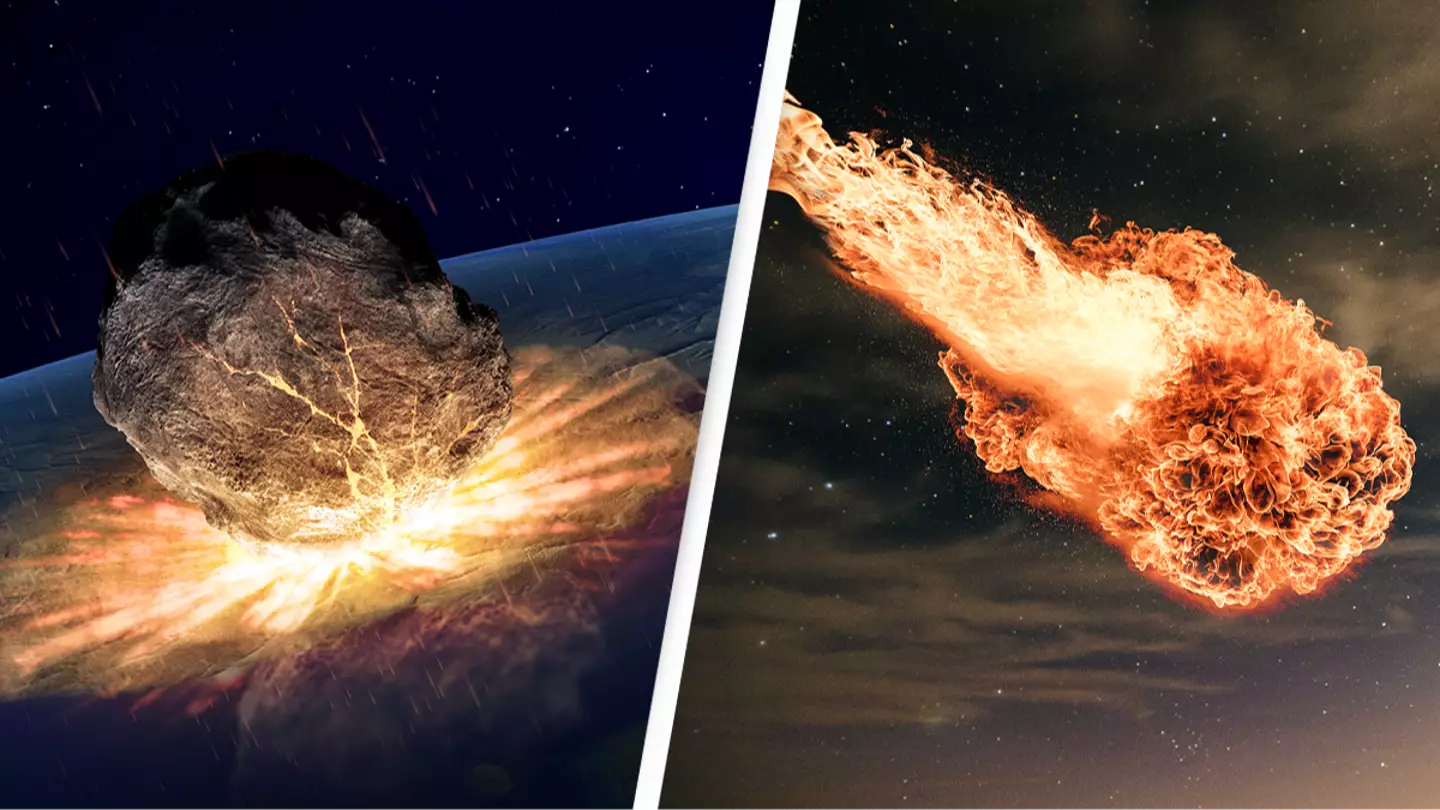Imagine a colossal space rock hurling towards Earth – it sounds like a plot straight out of a sci-fi blockbuster, right? Well, according to NASA scientist Professor Dante Lauretta, this scenario isn’t just Hollywood fantasy; it’s a real possibility. Lauretta, who has spent the last 20 years studying asteroids, warns that the threat of an asteroid impact is genuine and its consequences could be catastrophic.
Professor Lauretta is no stranger to the mysteries of the cosmos. He was a key player in the ambitious NASA mission, OSIRIS-REx, which was launched to do something NASA had never attempted before: retrieve a sample from an asteroid.

And they succeeded. In October 2020, Lauretta and his team collected samples from Bennu, a carbon-rich asteroid, using a robotic arm in a dramatic operation that ended with particles exploding in a plume. This mission wasn’t just for the thrill; it was a step towards understanding these celestial bodies better.
But Lauretta, who has also authored a book titled “The Asteroid Hunter,” regards these space rocks with a mix of fascination and concern. His caution stems from past events that have shown just how destructive asteroids can be.
Take the event in February 2013 when a meteor about 19 meters wide blitzed into Siberia, Russia, at 40,000mph. The explosion it caused was staggeringly powerful, equivalent to 26-33 times the energy of the atomic bomb at Hiroshima. While it miraculously didn’t claim lives, it injured nearly 1,500 people, demolished buildings, and resulted in a whopping $33 million in damages. This event highlighted how vulnerable we are to space objects.

Reflecting on these incidents, Lauretta expressed his concerns to Inverse: “The risk of an asteroid impact is real. It’s small. But the consequences are huge. The event in Chelyabinsk really showed us. That was a true asteroid impact over a populated area. It was a really small object, as these things go, but it still caused damage. Hundreds of people were injured, and the property was destroyed. It woke everybody up.”
Lauretta added, “That reminded me of the comet that struck Jupiter in 1994. Same kind of awareness. We live our lives with our heads down with all our daily struggles. But every once in a while, you look up, and you go, you know, there could be something coming, and maybe we should think about it. These kinds of high-profile events catalyze a lot more activity in these areas, absolutely.”
So, the question remains: if even NASA scientists are concerned about the potential for a catastrophic asteroid impact, isn’t it time we paid more attention to how we can protect our planet from these unpredictable cosmic threats?

